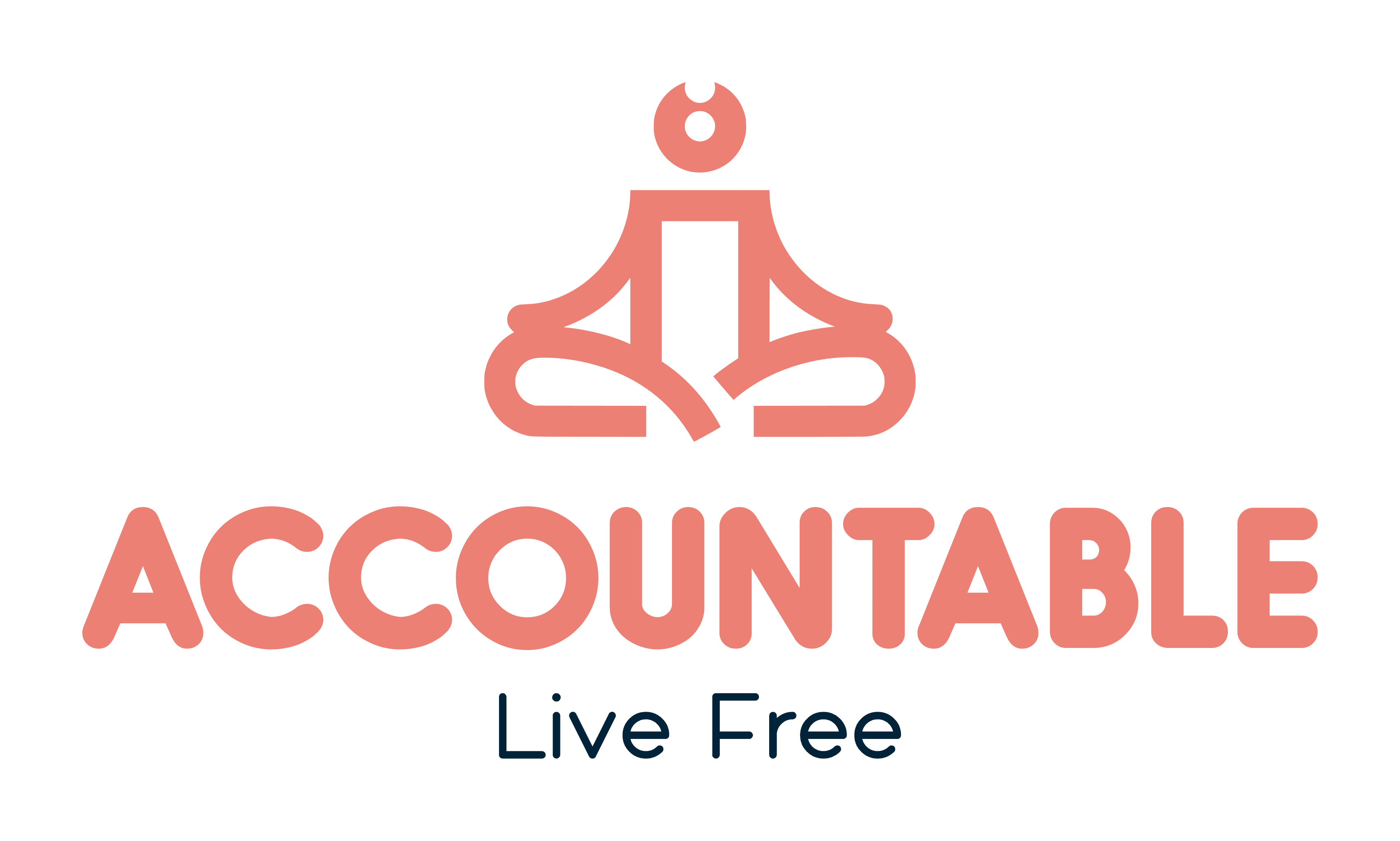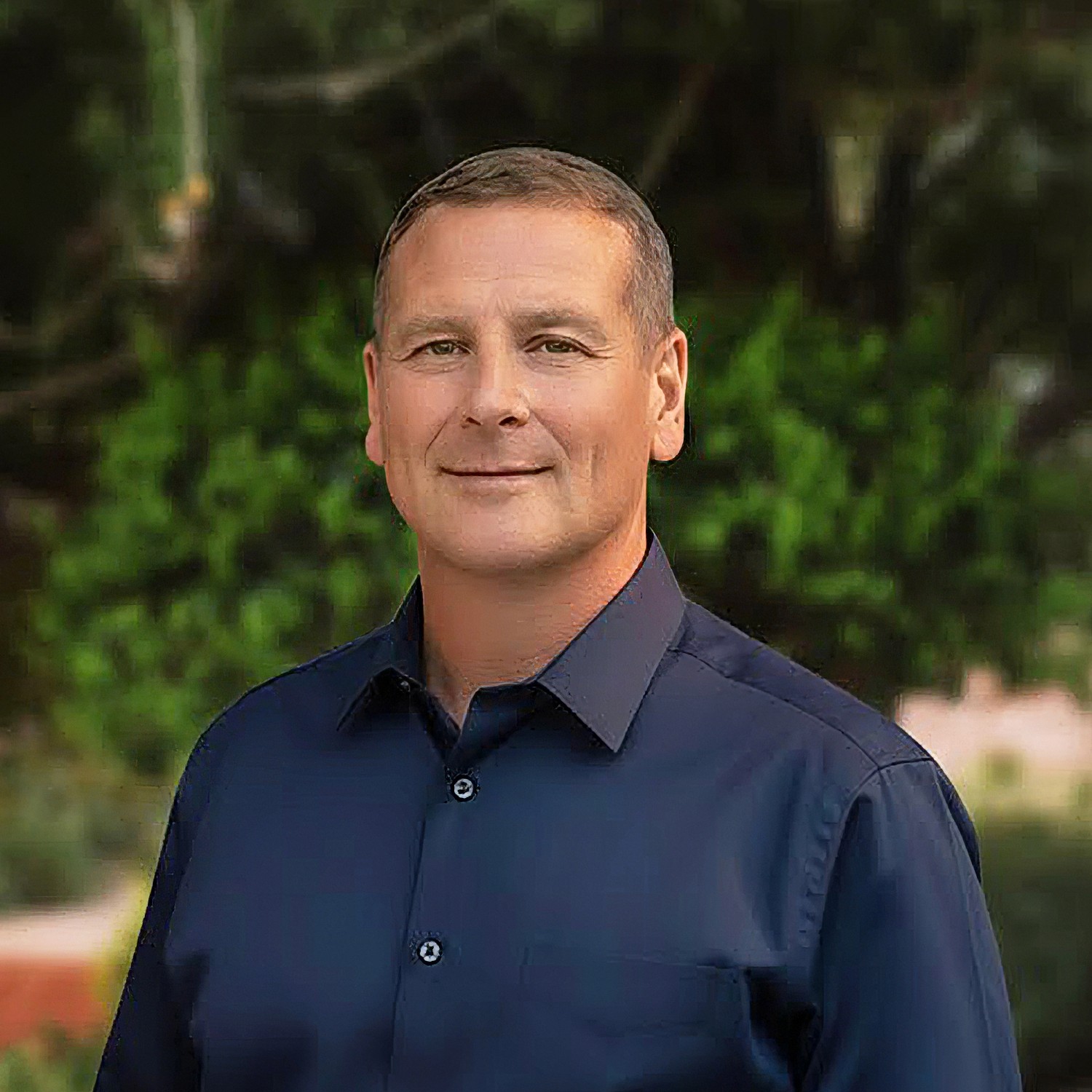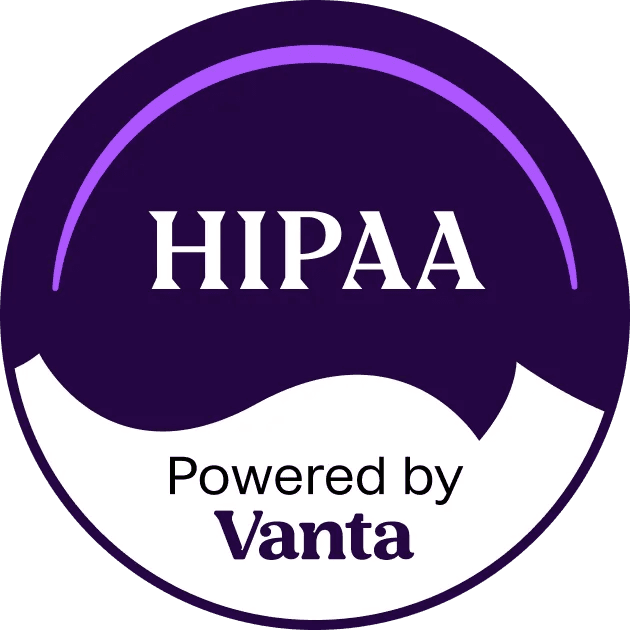Matt Celebrates 8 Years of Recovery

Matt Serel
Oct 14, 2021
Matt Celebrates 8 Years of Recovery
My Truth
Eight years ago today I overdosed on Oxycodone in a hotel room on a work trip.
I woke up in the hospital ICU unable to breathe, not knowing where I was, or how I got there. I only survived that day because my wife, girlfriend at the time, was nervous that I didn’t answer my phone.
Today, I celebrate eight years sober from drugs and alcohol.
The Outsiders Perspective
For those of you who know me professionally or peripherally the fact that I was a junkie for much of my early and mid twenties may be a surprise to you.
From the outside looking in the trajectory of my life both before and after I got sober looks uninterrupted and what I would picture as ideal:
I started my first technology company in high school.
I graduated from Lehigh University.
I attended Brooklyn Law School at night while starting a technology company.
I founded and sold AccuPoint which is now one of the largest technology vendors in the Autism Behavioral Health space.
I married my best friend that I started dating when I was 18, and we now have a beautiful daughter, a very handsome son, and an awesome dog.
However, in reality, there was so much pain and struggle beneath the surface. The last two items on that list almost never happened.
Behind The Highlight Reel
Recovery from addiction is hard. It is really, really hard. What I detail below really only scratches the surface of my experience.
I remember the fear and shame of being told I needed to go rehab for my addiction.
“What will my friends think? What will happen to my company? What if my partners and clients find out?”
I remember getting back from treatment and my relationships being in shambles.
“How can I hang out with my friends who drink? Will Becky ever see me the same way? How will I go to bachelor parties? How will I get married? How will I enjoy life?”
Lastly, I remember feeling like it would have been easier if I just died on that day 8 years ago.
Unfortunately, like many chronic diseases, my experience is that there is no addiction cure. However, there is treatment that can help you process and put your addiction in remission. For me, getting clean from drugs and/or alcohol was the easy part. Staying clean, and living a happy and free life is the hard part.
This is what my treatment consisted of:
30 Days at an inpatient rehab, followed by
8 Weeks in an intensive outpatient program - 3 hours a day, 4 days a week starting at 6pm, followed by,
3 months in a less intensive outpatient program - 1.5 hours a day, 2 days a week, starting at 6pm, concurrently with
1 hour a week of psychotherapy, concurrently with
Participation in peer support groups, concurrently with
Random drug testing
Thankfully, while this was all incredibly hard work, isolating, and immensely time consuming, I was extremely fortunate. I was fortunate because I had health insurance and a familial support system that helped guide me towards quality care in a time where I was in no shape to take care of myself.
I survived that day 8 years ago because my wife was concerned about me. I live today because of the countless people who helped me get back on my feet.
If you or anyone you know are struggling with addiction, there is hope, it can get better, I’m here for you, and I love you.
You Are Accountable
One of the most amazing things about people in recovery from addiction is that generally, when addicted, they are the most selfish people on the planet. However, once someone finds recovery, almost invariably they do a complete 180 and become the most selfless.
Working on You Are Accountable for the last year has been an absolute dream. For me, there is nothing more exciting than:
Taking something that is just an idea and making it a reality.
Helping other people find sustainable recovery from addiction.
You Are Accountable has given me the opportunity to do the two things I love most at the same time! I literally can’t wait for Sunday night so I can get back to work and help others find the gift of recovery that has been given to me.
In this short time, we’ve:
Helped more than 100 people work towards sustaining their recovery, or find a level of care appropriate for their disease state.
Provided full scholarships to everyone who expressed a need through our Accountable For All scholarship fund. To date, we have helped 11 scholarship recipients sustain their recovery free of charge for a combined total of 1,134 days of continuous sobriety at the time of this writing.
Built a one of a kind technology platform that keeps both family members, and clinicians informed of the recovering individuals progress in a way that is not intrusive, and reinforces relationships.
Most importantly, I have the honor of seeing the change in the people we work with every day, which helps reinforce my own recovery, and reminds me that the work I do to stay sober is so very worth it.
To all those that have been a part of my journey so far, I am so grateful. Thank you for my sobriety, and thank you for the opportunity to be of service.







